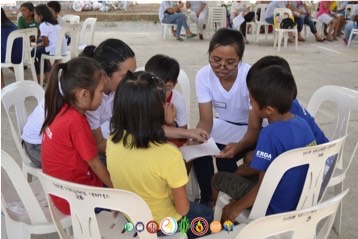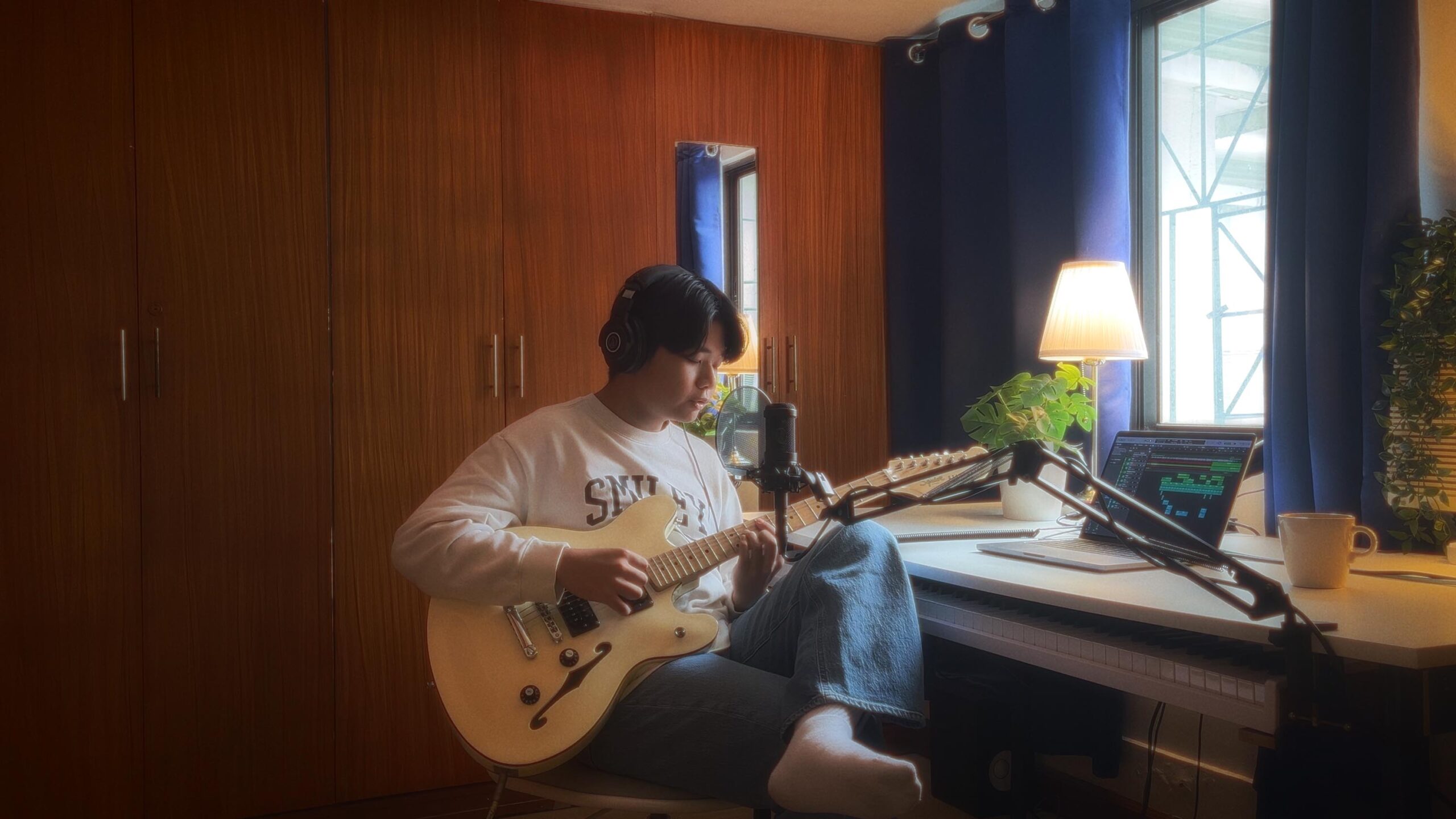
Or, why a program that helps teach critical thinking to children might be a better idea than military training
Originally published in TheDiarist.PH
Three days after the BTS ARMY was reeling from the fact that Jin had reported for military service, the Philippine Congress passed House Bill (HB) 6687 or the “National Citizens Service Training (NCSTP) Program Act.”
Compared to Jin’s 18-month military service, however, the four-semester, 240-hour-NCSTP is hardly the militarized training that its critics have been fearing. In fact, based on the press release of the Philippine House of Representatives, the “citizen-cadets,” who shall complete the NCSTP under the guidance of the Commission on Higher Education (CHED), Technical Education and Skills Development Authority (TESDA), and the Department of National Defense, “shall be a source for volunteers and conscripts in times of national or local necessity, calamities, emergencies, disasters, or armed conflict to perform non-combat and non-military duties and services as the President or the appropriate local sanggunian may deem necessary.”
Calamities and disasters are nothing new to us Filipinos, from earthquakes to storm surges, from volcanic eruptions to flash floods. Affected Filipinos sure could use more organized help. Ditto with being caught in an armed conflict. It is the word “emergencies” that invites speculation.
According to Merriam-Webster, an emergency is “an unforeseen combination of circumstances or the resulting state that calls for immediate action.”
‘…The very high levels of learning poverty, both before COVID and now, violate children’s right to education’
Question: Is a situation where “less than 10 percent of Filipino children can read simple text or comprehend a simple story” a national emergency?
That seems to be the case if we peruse the 2022 joint report made by the United Nations Children’s Fund (Unicef), the United Nations Educational, Scientific and Cultural Organization (Unesco), and the World Bank calling the world’s attention to learning poverty. On page 9 of the 77-page report, we learn that “the very high levels of learning poverty, both before COVID and now, violate children’s right to education.”
Secondly, “coming on top of the widespread pre-COVID learning poverty, the learning losses from the pandemic could generate a major shock to human capital accumulation and productivity.”
Thankfully, in addition to what the Department of Education (DepEd) is undertaking to effect learning recovery, there are actually Filipino college students who are already doing something about this national emergency, albeit admittedly, in more modest terms, under the now repealed National Service Training Program (NSTP).

One such organization is the University of the Philippines (UP) Philosophy for Children (P4C) Society. Founded in 2017 by two UP faculty members, Leander Marquez and Cath Abarejo (who now teaches at the University of Santo Tomas), the UP P4C Society has been training volunteer UP college students to conduct COI (community of inquiry) sessions among the children of marginalized families. The COI is a pedagogical process conceived by Columbia University professor Matthew Lipman as a means of developing critical, creative, caring and collaborative thinking among children.

Why the children, rather than adults—this brings us back to the beginnings of P4C. In the ’60s, when the Vietnam War was being debated on campuses, Lipman was disappointed with how his students thought and argued. In his mind, it was already too late to teach them how to argue and reason well. That was how he stumbled on the idea of teaching children how to philosophize by way of a stimulus which initially took the form of novels for children. As P4C spread around the globe, the stimulus eventually expanded to include storybooks, video clips, poems, and songs.




When I interviewed the leaders of the UP P4C Society Manel Jasareno (current president) and Kami Catacutan (past president and current project officer), I was pleasantly surprised to learn that their go-to stimuli are local storybooks published mostly by Adarna House—yup, the same publishing house that was red-tagged early this year. Yet, none of the storybooks being used for COIs contain any references to or endorsements of the CPP-NPA-NDF. Among these were Bayan ng Basura (on climate justice), Tiktaktok at Pikpakbum (on kindness versus selfishness), Dalawang Bayani ng Bansa (on the heroic qualities of Dr. Jose Rizal and Gat. Andres Bonifacio), and Nemo, ang Batang Papel (on children’s rights).
Wading through the student organization’s pictures of past COIs revealed that that they have also used other storybooks published by Publikasyong Twamkittens (i.e., Ang Ikaklit sa Aming Hardin) and Kahel Press (i.e., Ang Nanay ni Erwin, Ang Tatay ni Klara), both of which focus on gay and lesbian parents.
In the era of fake news and misinformation, training our college students to teach their counterparts in grade school by way of COI is much better use of time
To be sure, COIs are not meant to teach children how to read. They typically start with a stimulus which is either read by the facilitator or read line by line by each participating child. After the stimulus is read, the children are given think time to come up with questions. They then vote for the question that interests them the most. A dialogue about the question ensues, with the goal being to arrive at a consensual answer. This is how the children are taught to justify their answers with reason and/or evidence (i.e., critical thinking), explore possible solutions (i.e., creative thinking), empathize with others (i.e., caring thinking), and work with others to arrive at a consensus (i.e., collaborative thinking). No doubt developing these takes time, but in the end it’s all worth it, as illustrated by another Adarna House publication on searching for the truth, titled The Quick and Careful Adventures of Muni.

Since UP students are trained to immerse to better understand their stakeholders, Manel, Kami, and team did house-to-house interviews with the parents of the children they invited to their four-month-long COI sessions in 2022. In the process, they discovered that many of the children could hardly read. Consequently, their dialogues with the children ended up as quasi-bridge programs for reading.
This augurs well the future thrust of the UP P4C Society which, according to Marquez, aims “to bring this outside the university, not just training UP students but training teachers, as well. That is where we can have the effect that we are dreaming of.”
That effect, Marquez said, is to be able to teach children not just to read, but to be able to spot a good argument from a bad argument, to detect fallacies, and not to accept anything handed down to them without any basis or evidence.
I don’t know about you, but in the era of fake news and misinformation, training our college students to teach their counterparts in grade school by way of the COI is a much better use of our college students’ time, compared to marching in formation and learning how to assemble and fire an automatic rifle. Who knows? The NCSTP might just be the kind of platform that can scale up the modest efforts of the UP P4C Society and similar student organizations working towards a better future for our country.





